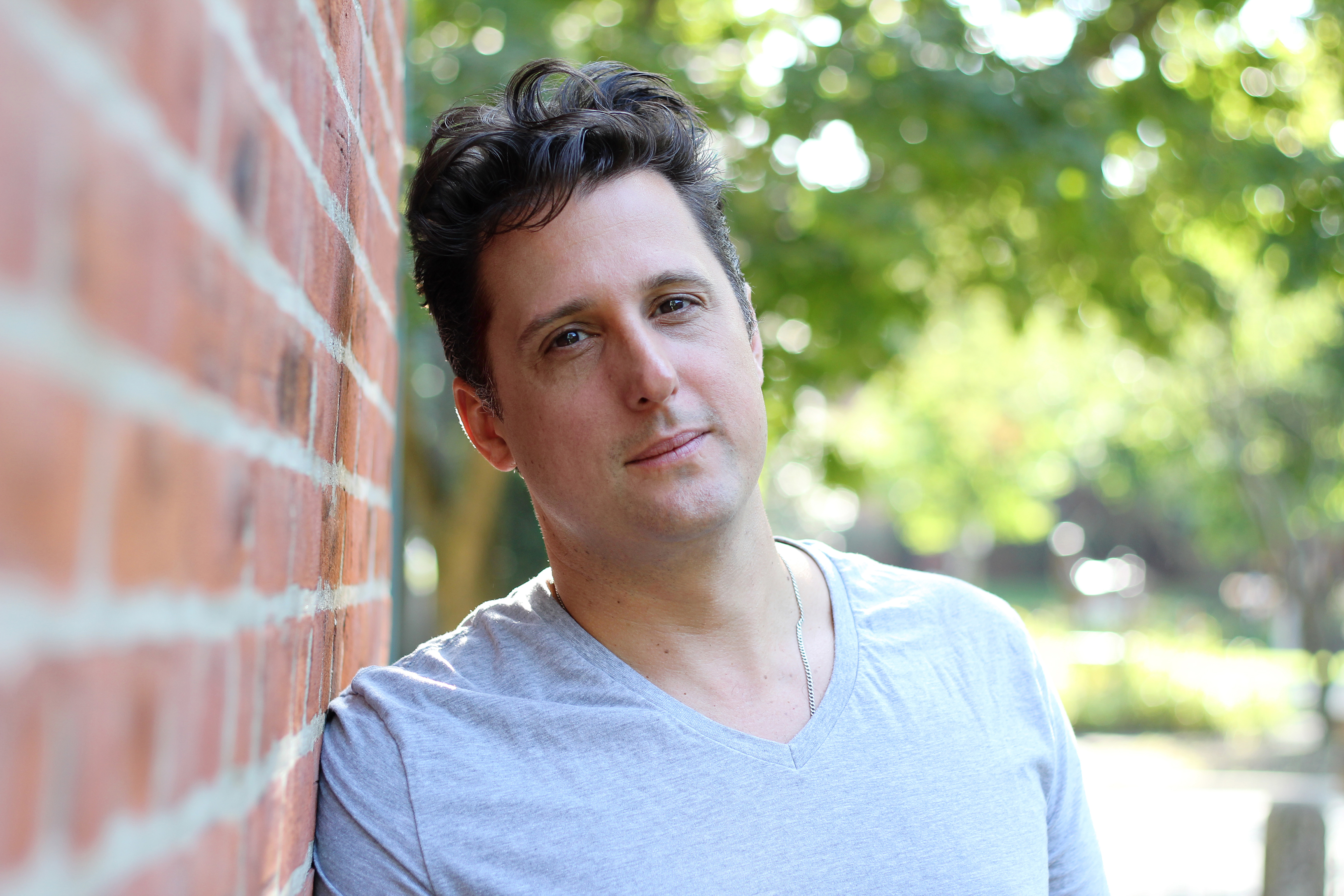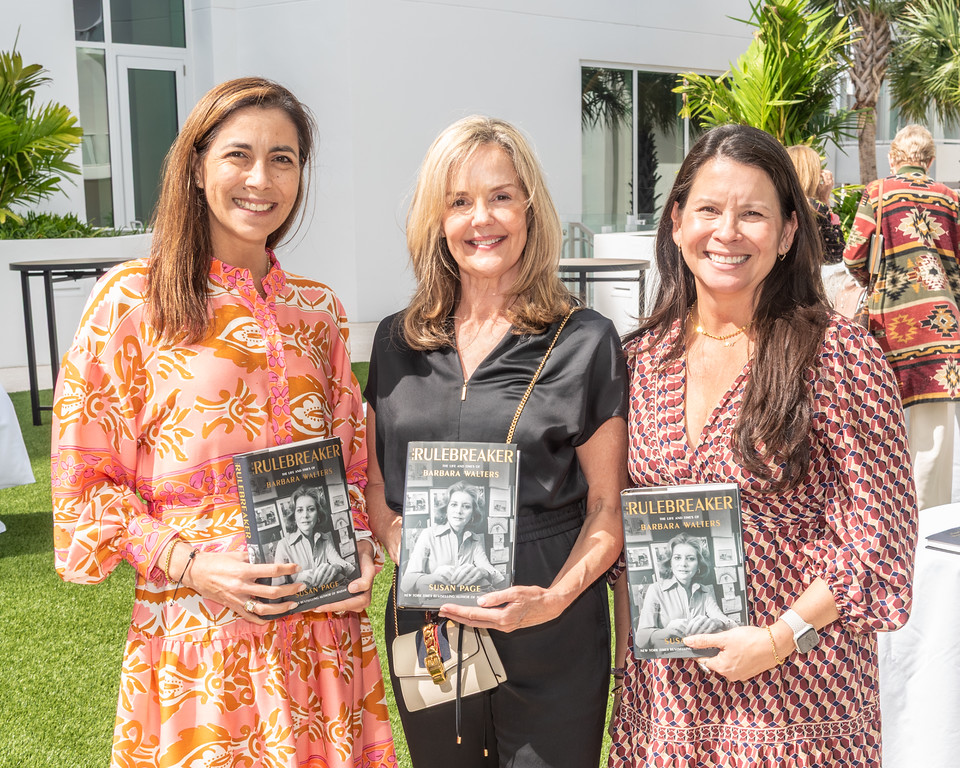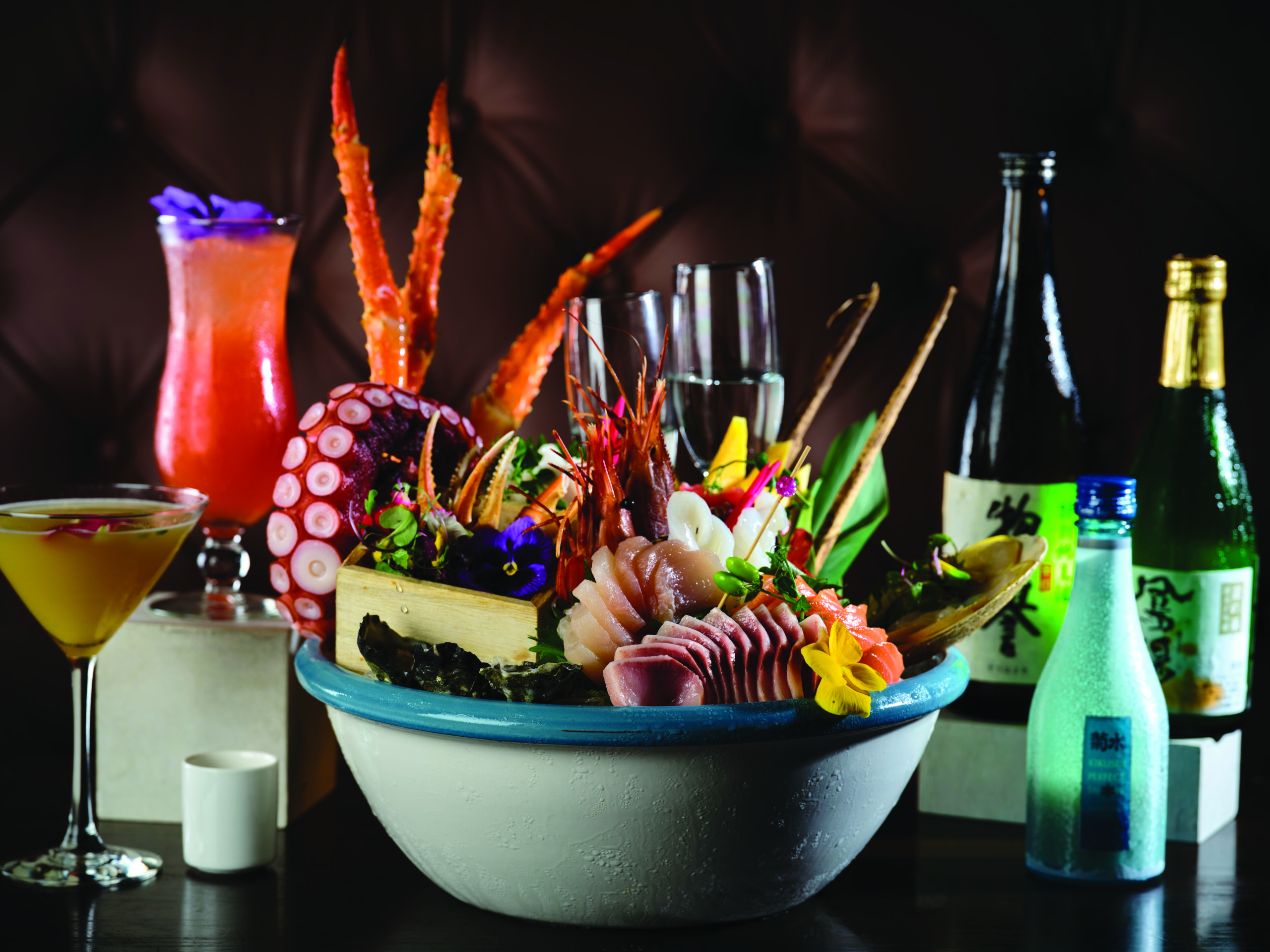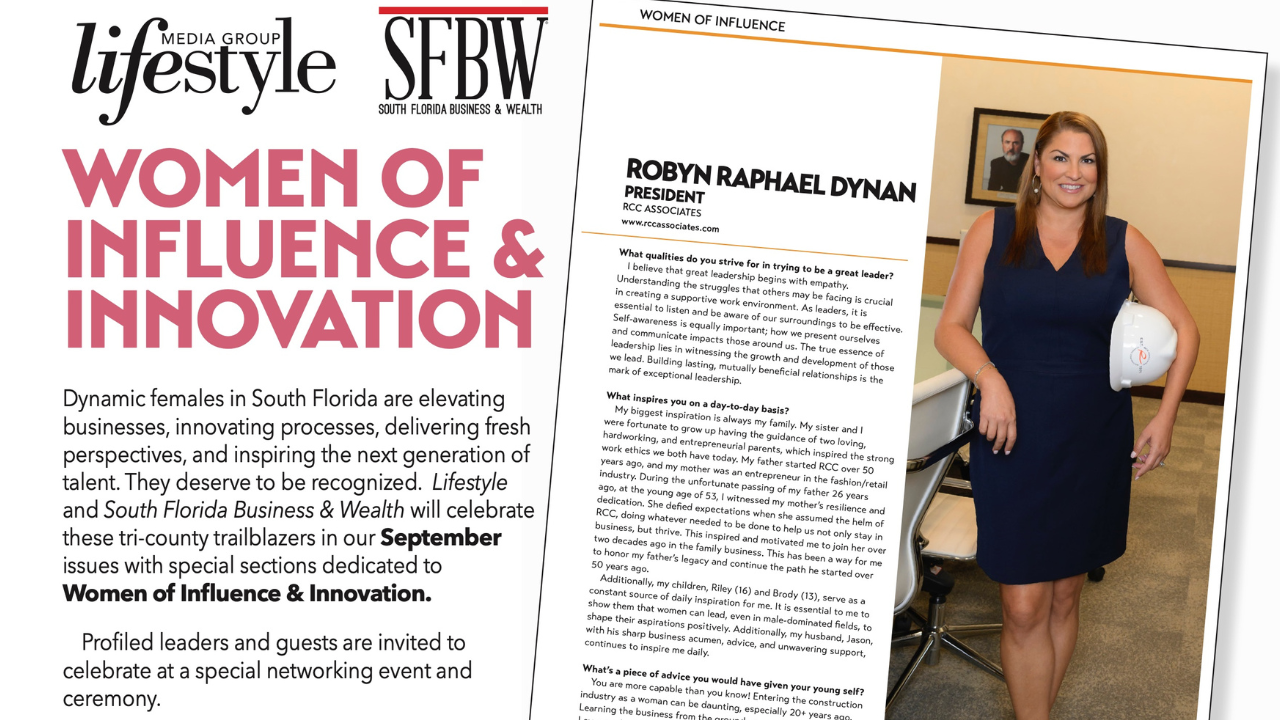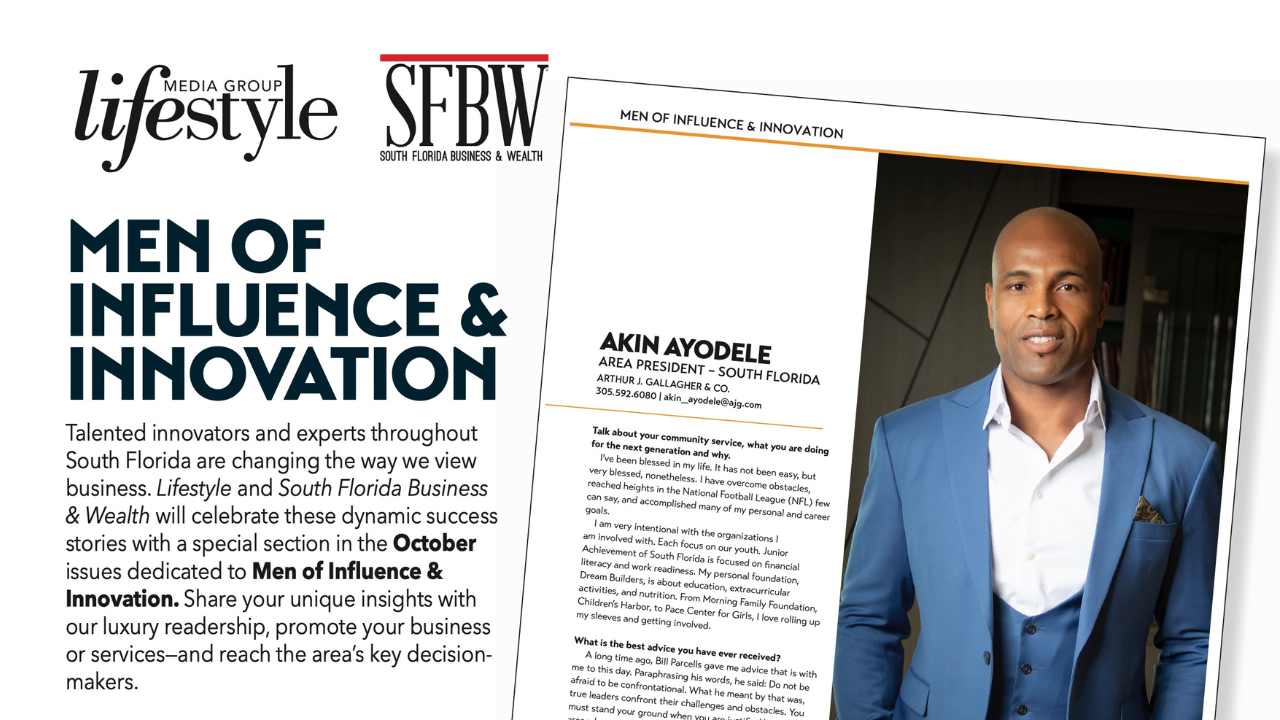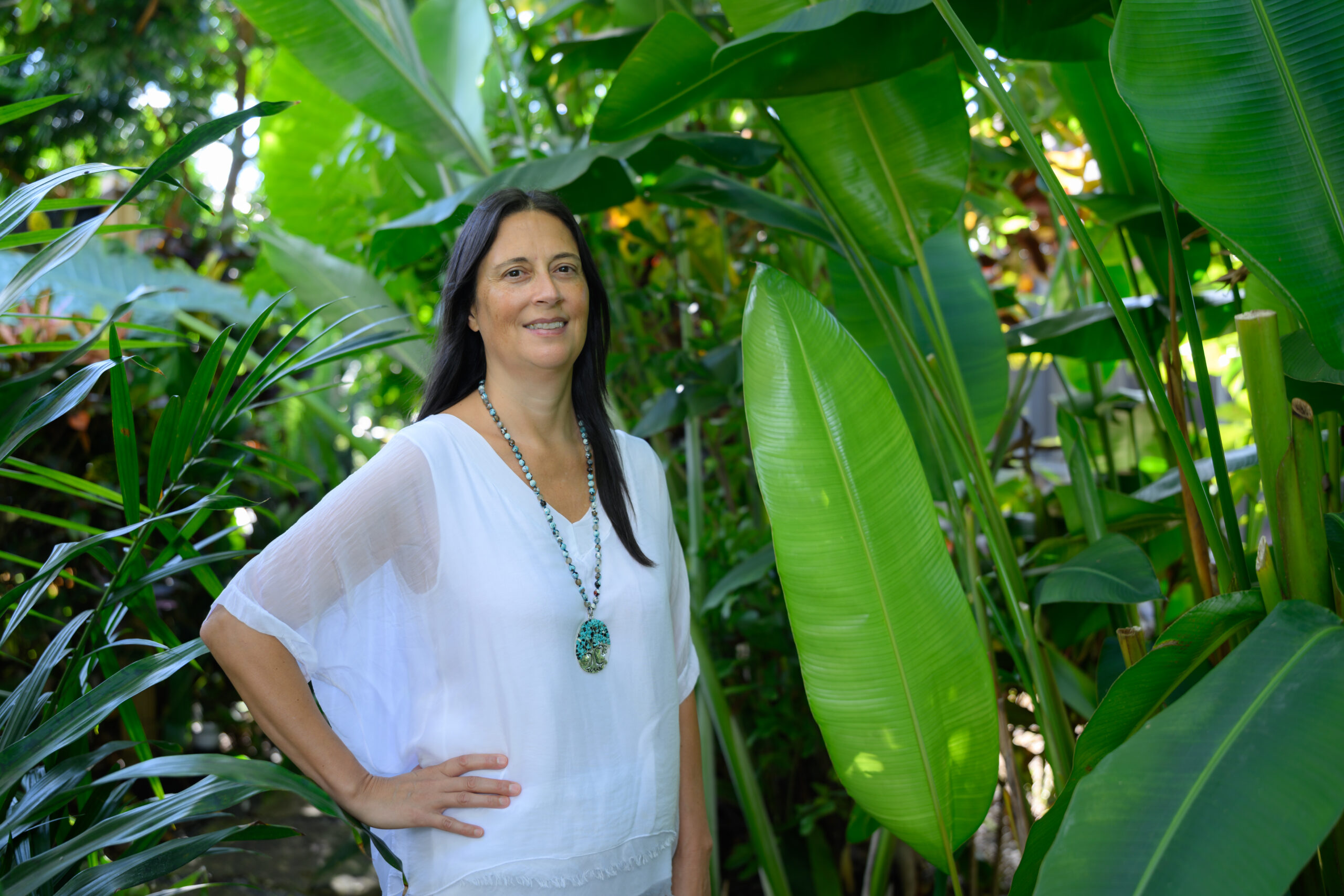Photo by Leah Wharton
Pablo Cartaya spent much of his life living in the middle. Born in Miami to Cuban parents and rasied in New York, Cartaya felt “straddled between two identities.”
“I spent years of my childhood wishing my hair was blonde and my eyes were blue and that my skin didn’t tan so much in the sun,” he says. “Because what I saw in the media, from books to television to film, somebody that was blonde, blue eyes with no discernible accent, that’s what was the idea of normal—at least to my eyes.”
As an adult, this struggle to fit into two cultures reached a breaking point while he was working as an actor in Los Angeles. A casting director told Cartaya he didn’t look like a “Pablo” and that he should change his name. His father’s reaction to seeing his new name on headshots led to a life shift for Cartaya.
“He was really hurt by it, because I’m named after his beloved grandfather who he left in Cuba,” Cartaya says. “That became a really profound moment for me in that I didn’t want someone else to claim my identity for me.”
 Identity is now a theme of the novels that Cartaya writes for young people. His first, co-written with Martin Howard, was the picture book Tina Cocolina: Queen of the Cupcakes. He followed it with The Epic Fail of Arturo Zamora about a Miami teenager who works at his abuela’s restaurant and is inspired by the work of José Martí. His latest book, Marcus Vega Doesn’t Speak Spanish, released this spring, follows a 13-year-old’s journey to Puerto Rico to find his father. His next book will be published by Kokila, a new imprint of Penguin Random House that focuses on telling diverse stories for children.
Identity is now a theme of the novels that Cartaya writes for young people. His first, co-written with Martin Howard, was the picture book Tina Cocolina: Queen of the Cupcakes. He followed it with The Epic Fail of Arturo Zamora about a Miami teenager who works at his abuela’s restaurant and is inspired by the work of José Martí. His latest book, Marcus Vega Doesn’t Speak Spanish, released this spring, follows a 13-year-old’s journey to Puerto Rico to find his father. His next book will be published by Kokila, a new imprint of Penguin Random House that focuses on telling diverse stories for children.
Cartaya, a Coral Gables resident, spoke to Pinecrest Lifestyle ahead of his appearance at this year’s Miami Book Fair.
1. How did you decide to write novels?
I’ve always been a writer. I used to develop scripts for a producer in Los Angeles and I’ve written stories. [When my daughter] was about 1 year old, I wanted to write a story for her, so I wrote this story about a cupcake searching for her topping [Tina Cocolina]. When it got published by Random House, I was like “Oh, this is a thing?”
… I decided to go to graduate school to really understand what this industry was about, especially the field of children’s literature. … My critical thesis in graduate school I wrote in Spanglish. It was basically to make an argument of why we should use other languages in text. All of my work has become reflective of that cross-cultural experience of being an American living in the United States but having this other cultural identity you also get to claim.
2. How did Marcus Vega come to life?
I always start a story with a scene that’s playing out in my head. When I was writing Marcus Vega, the first thing that I saw was this really tall kid trying to get his younger brother to take a bath. It was always Charlie, and it was always Marcus. … The Puerto Rican identity came about because Dad wasn’t around. So, where is Dad? Oh, he’s in Puerto Rico. Puerto Rico has always been a place that I love because it’s the closest I could have gotten to Cuba without going.
I wanted to tell a story of a kid who has a non-Latino, American mother and a father of Latin origin living in a small town somewhere in America because … Latin culture is not monolithic. We are everywhere and that story also deserves to be told.
3. What have readers told you about your books?
I just came back from a tour. I was on the West Coast speaking in front of about 500 sixth-graders. This young girl stands up afterward and says, “When I came to this country, I didn’t speak English, and I was bullied for speaking Spanish. But your books are giving me permission to speak Spanish again.”
Going around the country, it kept happening. … I want young people to know that I am listening to them, and that I believe in them and that their voices matter.
4. What can you tell us about your future work with Kokila?
[The next book] is going to be leading the debut list for Kokila next summer. The protagonist is a female, which I’m really excited about. It’s set in a small town in rural Georgia. The imprint is amazing. I’m really proud, because it’s led by an incredible publisher, Namrata Tripathi, and all of the senior editorial staff are women of color. I feel fortunate to be a part of that new imprint and to be leading off with this next book is really exciting.
5. What do your children think about your books?
My daughter has read my books. She’s in sixth grade. I was making dinner the other day and she comes into the kitchen and she just stares at me. She’s like, “You’re a good writer, papi.” I’m like, “Oh, thank you, honey.” She says, “Marcus Vega is really good.” She just walks off and doesn’t say anything else. I was like, “Well, that’s a sixth-grader, right? She’s going to give me just enough.” But that was all the validation I need in the world—for my daughter to approve of me.
Cartaya will speak at the Miami Book Fair on Nov. 18 at 2 p.m. at Mr. Wembley’s Storytorium in the fair’s Children’s Alley. Visit miamibookfair.com.



